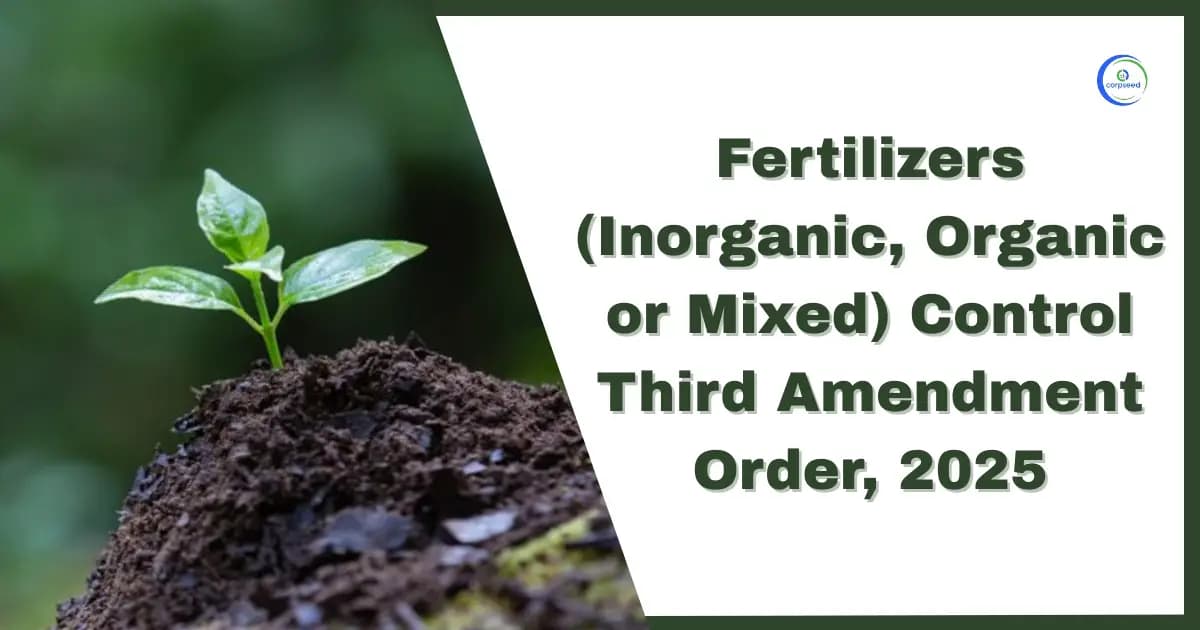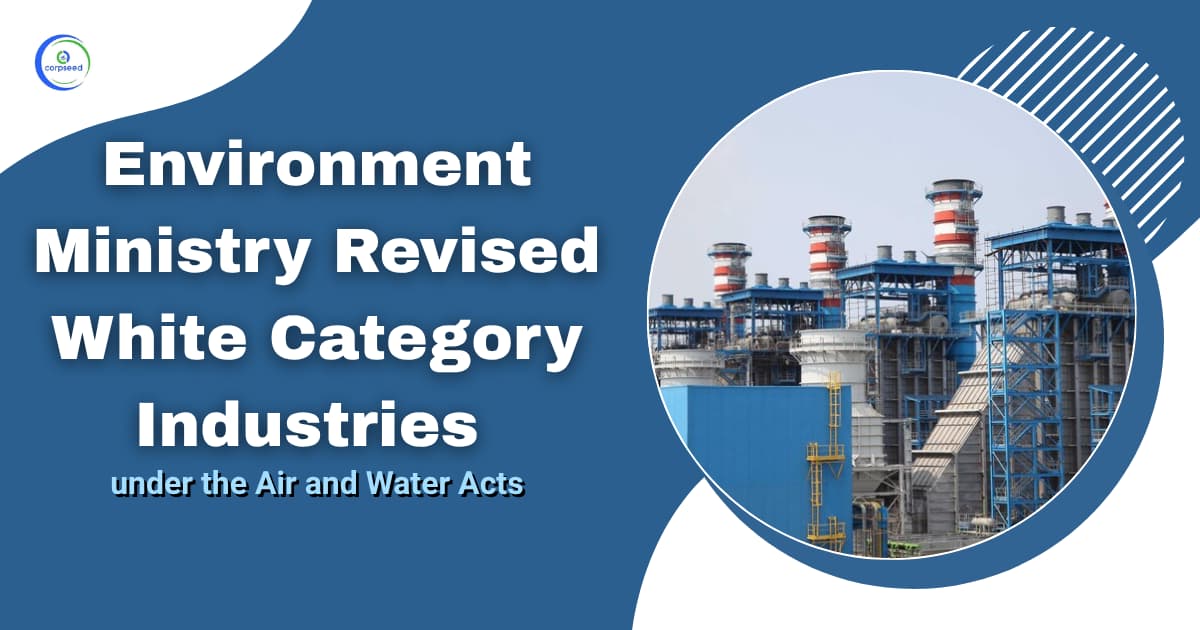
Loading...

The fertilizers (inorganic, organic or mixed) control third amendment order, 2025, is a legal framework issued by the Ministry of Agriculture and Farmer Welfare. It amends the fertilizers (inorganic, organic or mixed) (control) order, 1985 to regulate and regulate the use of fertilisers, especially organic fertilizers.
About the Author

Mahek Sancheti, BAJMC graduate with a deep passion for writing. As a content writer, video content creator, creative content creator, and scriptwriter, I bring stories to life through words and visuals. I honed my skills by working with a prominent news agency, where I excelled in crafting compelling narratives and engaging content. Coming from a journalism and mass communication background I have skills to craft engaging narratives that captivate audiences. With a keen interest in writing and creativity, I aim to deliver impactful and meaningful content that resonates with diverse audiences.
Related articles

Environment Ministry Revised White Category Industries under the Air and Water Acts
2025-10-27

What are the Standards for Emission or Discharge of Environmental Pollutants for Thermal Power Plants - Emission
2025-06-24

What are the Standards for Emission or Discharge of Environmental Pollutants for Automobile Service Station, Bus Depot or Workshop
2025-06-21

Understanding the Revised Methodology for Classification of Industrial Sectors by CPCB
2025-04-15

The Noise Pollution (Regulation and Control) Rules, 2000
2024-01-06

A Historic Resolution, End Plastic Pollution: Towards An International Legally Binding
2022-03-09